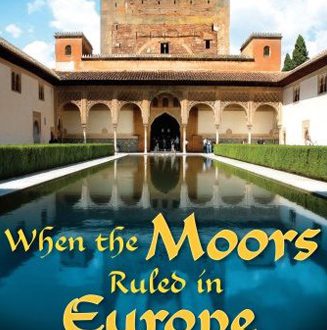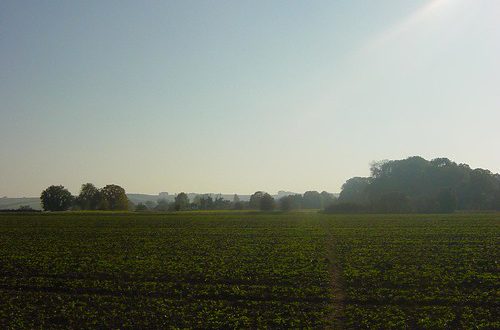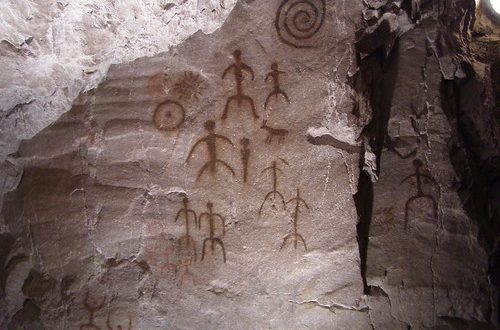Lord Elgin isn’t the only Brit taking the blame for removing some of ancient Greece’s greatest marble treasures – and the Parthenon is far from the only place raided by a zealous Brit in a bid to bring the ancient world to the smoggy streets of London. During an extensive dig carried out between 1857-59, Newton and his merry band of hacks travelled to the Ottoman – now Turkish – peninsula of Datca, where they began excavating the famous merchant city of Knidos – a picturesque Monte Carlo of the ancient Greek world, famous for its wealth, opulence and magnificent treasures. Not content to take a few snaps and enjoy the landscape, Newton and his men hauled many of the marbles aboard their ship and set sail for Blighty, a move which would have had far graver consequences a couple of thousand years back.
Still, this was the age of fierce colonialism and the boundless British empire – surely no-one would stand in Newton’s way as he lumped all the Greek masterpieces in the British Museum (where it now takes pride of place in the vast complex’s Great Court)? Well, no. But now, one of the fabled city’s most fearsome objects – the giant Lion of Knidos – is the crux of a repatriation battle between the Republic of Turkey and the United Kingdom.
And just as Greece has persevered in its chasing of Elgin’s pilfered Parthenonprizes, so the Turkish Ministry of Culture and Tourism looks like taking a hard stance with the Brits. Datca’s mayor, Erol Karakullukcu, says: “In order to keep the public aware that these sculptures were made in Data thousands of years ago, and that they were taken to be exhibited in Britain, we made marble replicas of the original sculptures and exhibit them at the city park. These sculptures are part of this area,” he adds, “and they are the products of the regions inhabitants of thousands of years ago. They should be brought back to where they belong.” Judging by the museum’s belligerent response to the Elgin saga, few will be holding their breath for Mr Karakullukcu.
Image by Jon Himoff.



